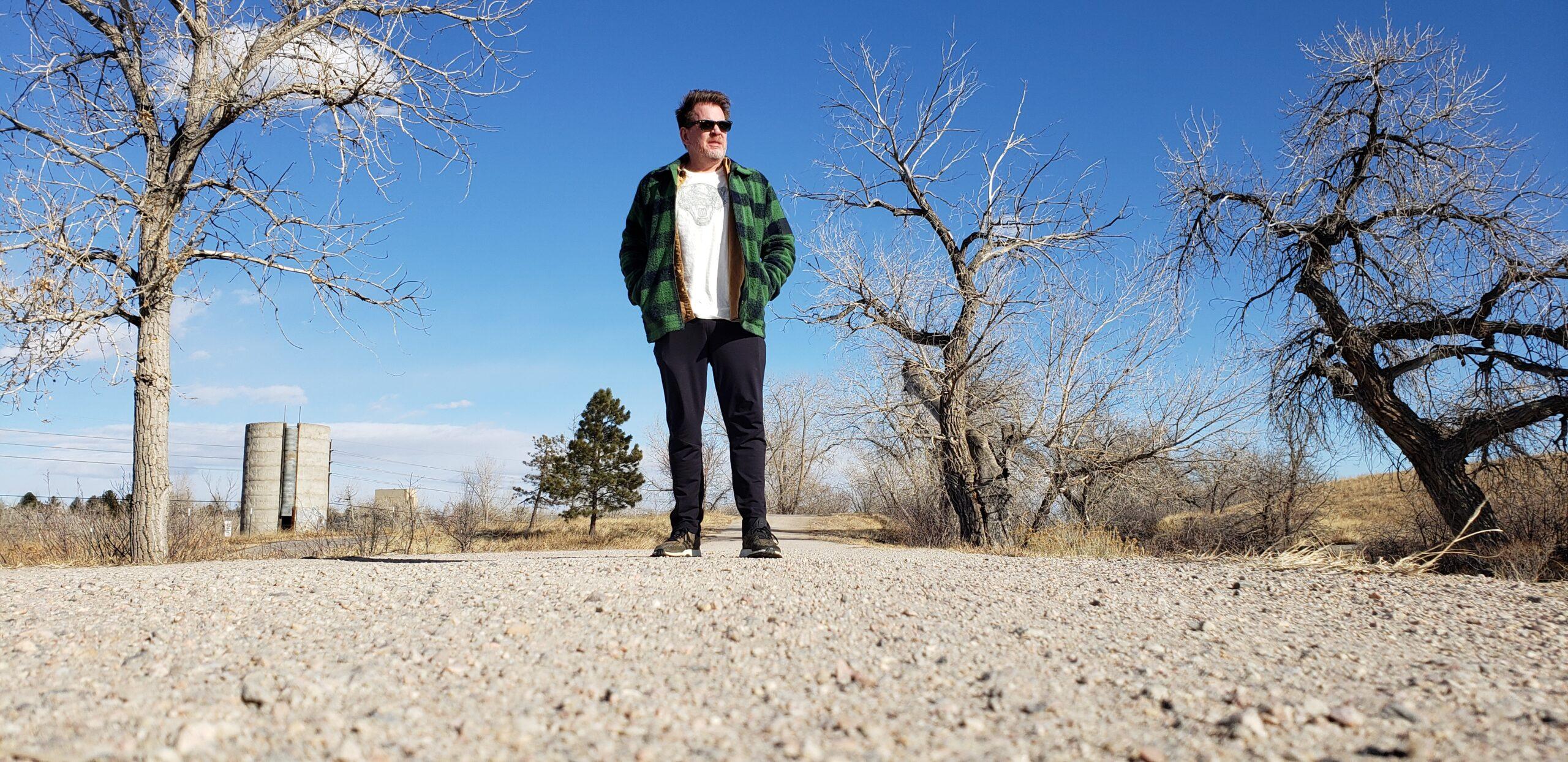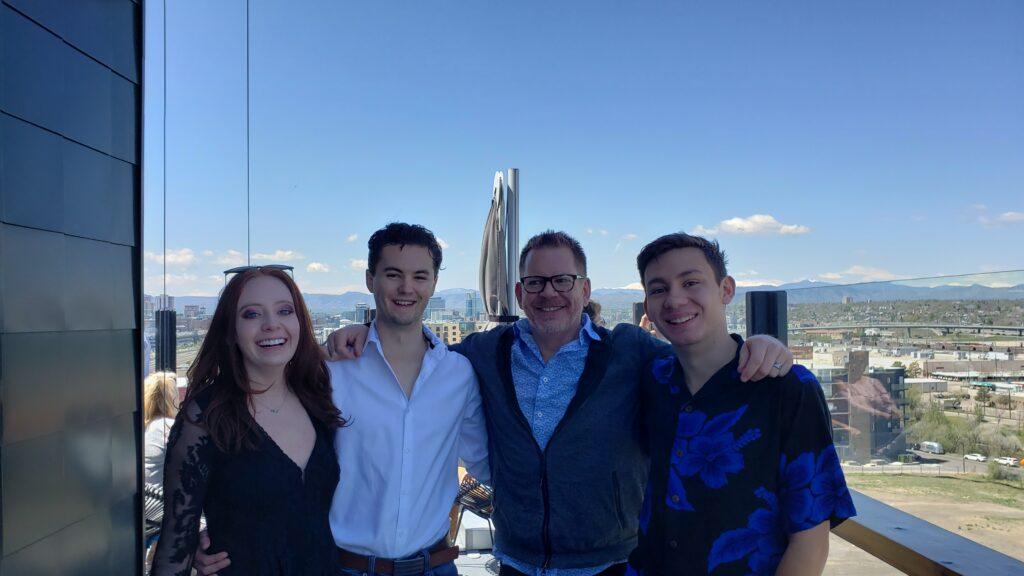
Ty Godwin has felt like he has COVID-19, shortness of breath, malaise, fevers, headaches and fatigue — for the last year. He’s a long hauler, part of a growing number of people who experience what’s known as long COVID or post-acute COVID-19 syndrome.
“I was a marathon runner and a triathlete before this,” he said. “I've had nights where I wake up out of breath.”
In January, he took a medical leave of absence from work to try to get better. In March, he’ll travel to the Mayo Clinic in Rochester, Minnesota, to see if doctors there can help him.
“After 60 some doctors appointments, they eliminated all pre-2020 kind of traditional medical diagnoses, meaning they couldn't explain why I was running out of breath,” he said.
He’s not alone, about one in three people experience COVID-19 symptoms for more than two weeks, but it’s unknown how many experience those symptoms for months. A Facebook group of these so-called long haulers called Survivor Corps has 155,000 members.
Last fall, CPR News reported on long haulers. As the one-year anniversary of the first COVID-19 diagnosis in Colorado approaches, we’re checking in with people.
There's still no treatment or test for COVID long haulers
While there is still no official test for long COVID or treatment, there are researchers and doctors focusing on finding answers. Clinics have popped up across the state and country like the Center for Post-COVID-19 Care and Recovery at National Jewish Health in Denver and the Post-COVID Recovery Team at Family Health West in Fruita on the Western Slope.
At Colorado State University, Dr. Stephanie LaVergne and a team of researchers are looking at the immune systems of people who’ve had COVID-19 to try to understand why some get really sick and others don’t. They’re also collecting data on people with persistent symptoms and will soon reach the six-month mark. The team is asking: are long haulers’ immune systems part of the explanation?
“A lot of the patients are reporting similar symptoms: fatigue, dyspnea, this persistent loss of taste or smell, but many patients are experiencing just a wide range of symptoms that I wasn't really expecting such as hair loss, changes in menstrual cycles, for instance,” she said. “Most interesting too, was the exercise and tolerance. A lot of patients described that after they exercise, they get this debilitating amount of fatigue.”
Godwin hasn’t been able to run like he did before he got sick early last year. He traveled internationally and when he got home to Colorado in February, he had cold symptoms but there were no swabs for COVID-19 tests. He’s since tested negative for antibodies, but his doctors are confident he had the virus and is now suffering its after effects.
The symptoms aren't just physical. There's also mental and emotional trauma

While the fatigue can be debilitating and his restless legs irritating, Godwin says the mental impact of this syndrome is draining.
“I cry way more than I should at my age because the emotions hit you,” he said. “Am I going to be around for life events? I have a lot more thoughts about my mortality and the depression is real.”
He wonders if he’ll be around to walk his daughter down the aisle one day, and he worries about finances. He went from a high-paying job in the tech world to living off disability benefits. The money stress and his health are also hard on his wife.
“She's been my rock. I mean it, but it's hard on her too. She's human,” Godwin said. “There's definite moments of panic or, you know, obvious concern on her part when you got a mortgage and you're not sure if your husband's going to go back to work or when.”
Godwin’s not alone in feeling the toll on his mental health. More than one in three adults has reported symptoms of anxiety or depressive disorder since May 2020 in the U.S. Compared to the first half of 2019, about one in 10 adults reported those same symptoms. For long haulers, the rates are even higher.
“One in five patients that are infected with COVID-19 end up having a mental health diagnosis within the next three months of the recovery,” said Dr. Robert Lam. “That I think is particularly disturbing.”
Lam led a survey study at the UCHealth Memorial Hospital in Colorado Springs. His students interviewed COVID-19 patients for weeks after their hospital stays. Long COVID patients reported distress, anxiety, depression and a lot of fear.
“Hopefully we will see that the long haul syndrome will start to go away and be more responsive to treatment,” Lam said, “but that's yet to be decided.”
In the coming years, doctors and researchers try to understand and treat the lasting effects of COVID-19, and help people to heal from the emotional trauma.
In the meantime, Godwin’s focusing on getting better and calls himself a resilient person.
“I'm a marathon runner and I'm on mile 20,” he said. “I've got 6 miles to go to.”
Editor's Note: An earlier version of this story misidentified the location of the Mayo Clinic.









